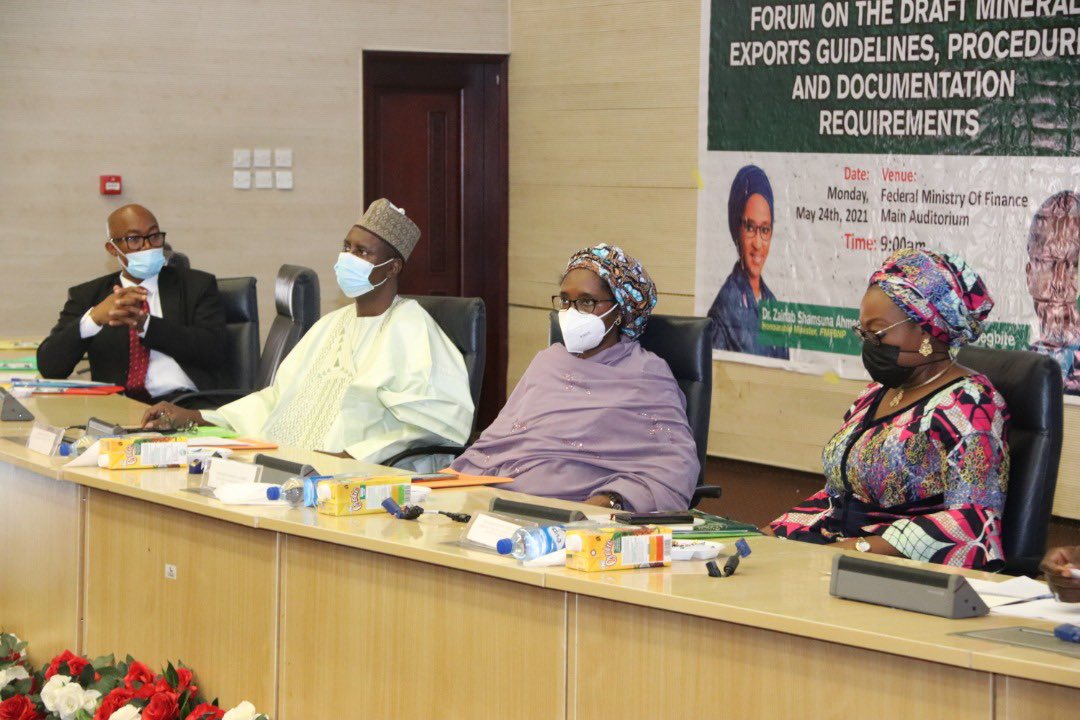Business
SMEDAN Set To Reposition MSMEs As Engine Of Socio-Economic Transformation

The Small and Medium Enterprises Development Agency of Nigeria (SMEDAN), has pledged to reposition Micro Small and Medium Enterprises (MSMEs) as engine of socio-economic transformation.
The Director-General of SMEDAN, Mr Olawale Fasanya said this at a news conference to herald the 2022 World MSMEs Day.
Represented by Dr Friday Okpara, Fasanya said that the capacity to drive employment generation and wealth creation was a reason to celebrate MSMEs.
“MSMEs have been globally recorgnised as the engine of socio-economic transformation in both developed and developing economies.
“They provide the opportunity to drive employment generations and wealth creations as well income redistribution within societies.
“These further unveil them as the distinct mainstay of the economy that requires befitting attention.
“The relevance and importance of this sub-sector is further demonstrated as revealed by 2020 SMEDAN/National Bureau of Statistics national MSMEs survey,’’ Fasanya said.
The survey revealed an estimated 39. 65 million MSMEs in Nigeria, contributing 46.31 per cent to national Gross Domestic Product (GDP) and employing 87.9 per cent of the labour force and accounting for 6.21 per cent of export.
According to Fasanya, the expectation of SMEDAN is to digitally reposition the subsector to be regionally, continentally and globally competitive and to make Nigeria a dominant player in the African Continental Free Trade Area (AfCFTA).
“It is, therefore, based on the relevance of MSMEs that the United Nations set aside June 27 of every year to recorgnise and celebrate the contributions of MSMEs globally,’’ he said.
Fasanya, however, said that challenges confronting the MSMEs subsector could be surmountable if proper policies and programmes were in place.
He listed some of the challenges as poor entrepreneurial/management capacity of operators in successfully running MSMEs and weak financial management.
Fasanya also identified poor state of infrastructure and inability to access affordable finance.
“Access to finance is a major challenge hindering the growth of MSMEs.
“MSMEs need steady power supply, water, roads, market for effectiveness,’’ he said.
Fasanya said that the agency would undertake awareness campaign as part of the celebration to sensitise Nigerians on the relevance of MSMEs in growing the economy.
“As we are set to celebrate the MSMEs Day, we recorgnise the strategic importance of the MSMEs subsector.
“We remain unyielding in strengthening both existing MSMEs and start-ups, particularly in agriculture, agro-based industries, youth and women-led enterprises.
“Nigeria should be converted from a consuming nation to a producing nation through the activities of this sub-sector,” Fasanya said.
He, however, urged MSMEs operators to take advantage of programmes and initiatives of SMEDAN to grow their businesses.
Transport
Automated Points Concession : FAAN Workers Gave 72hrs To Revise Decisions In PH

Transport
FAAN Announces Pick-Up Points for Go-Cashless Cards

Business
Fidelity Bank To Empower Women With Sustainable Entrepreneurship Skills, HAP2.0
-

 Politics3 days ago
Politics3 days agoSenate Urges Tinubu To Sack CAC Boss
-

 News3 days ago
News3 days agoAmend Constitution To Accommodate State Police, Tinubu Tells Senators
-

 News3 days ago
News3 days agoDisu Takes Over As New IGP …Declares Total War On Corruption, Impunity
-
Business3 days ago
President Tinubu Extends Raw Shea Nuts Export Ban To 2027
-
Business3 days ago
Crisis Response: EU-project Delivers New Vet. Clinic To Katsina Govt.
-
Business3 days ago
President Tinubu Approves Extension Ban On Raw Shea Nut Export
-
Sports3 days ago
NDG: Rivers Coach Appeal To NDDC In Talent Discovery
-
Business3 days ago
Fidelity Bank To Empower Women With Sustainable Entrepreneurship Skills, HAP2.0

